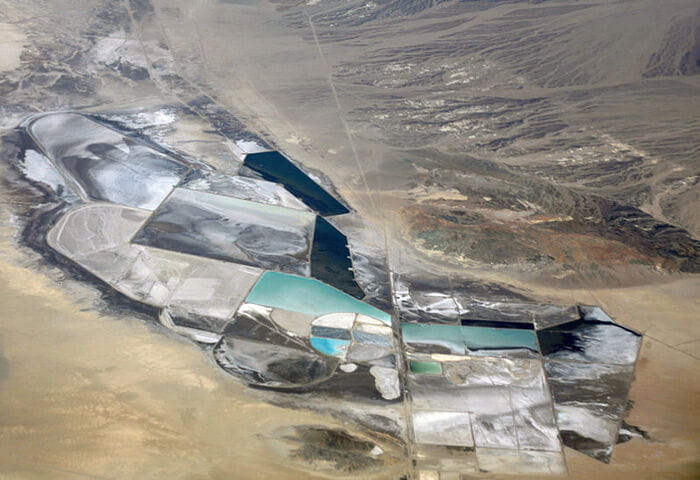Lithium Mining Law in Mexico Needs a Comprehensive Reform
Mexican mining legislation is atypical. In recent years, concessions have been granted for 105 million hectares, almost half of the national territory, and 'global concessions'; that is to say, they include exploration, exploitation, and benefit.





